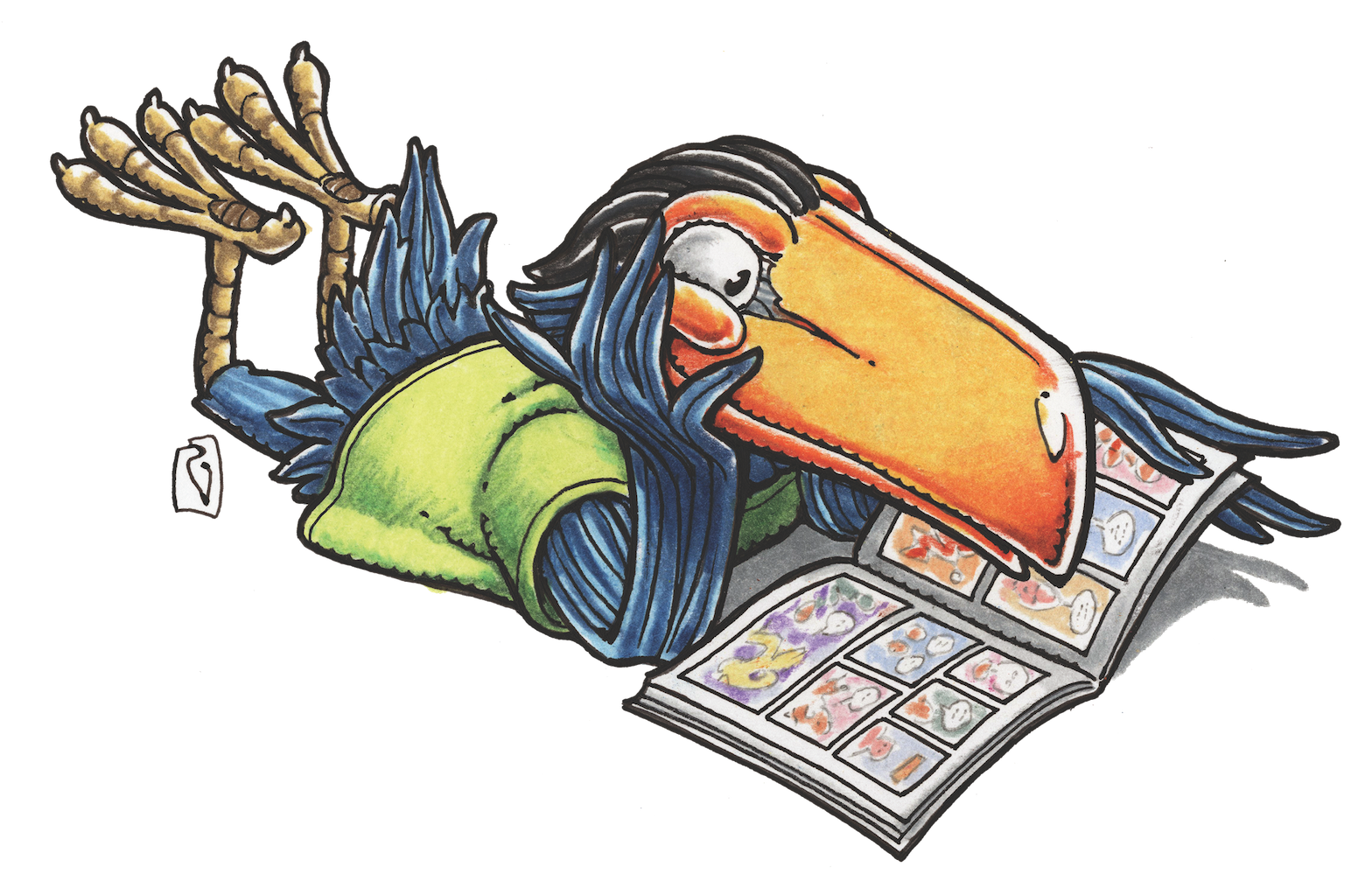MARC BERNARDIN’S DEVOURER OF WORDS
Devourer of Words 013: To How-To or Not to How-To


Every writer working has an opinion on books that claim to teach you how to write. And while there aren’t a score of books specifically about writing comics, there are enough on general writing—and more that specialize in screenwriting, a kissing cousin to comics writing—to carpet Rhode Island.
Many think they’re the publishing equivalent of snake oil—shams written by the talentless to relieve the newcomer of their money. And that’s an easy conclusion to come to, especially when you look at the resumes of some of the authors behind these books. While there is absolutely a place in society for the great teacher who cannot do the job him or herself, that’s not what you’re getting from these books. All too often, it’s just information you could’ve found elsewhere, all by yourself.
I’ve got something of a different perspective. When I was in college, and decided that I wanted to be a screenwriter—this was long enough ago that there was no direct path for the would-be comics writer while at university—I immersed myself in screenwriting books. Beginning with Syd Field’s Screenplay, I read book after book. Each offered guidelines about plotting and structure, character and theme. Some were didactic, others were first-person accounts from bold-faced names about how they did the job.
This was a different time. This was before the Internet as we know it—I wouldn’t get an “email address” until the second year of my first post-college job—and while some people were sharing information via Usenet groups and message boards, it wasn’t everywhere. These books were the only sources of information and I devoured them.
My thinking was always thus: as long as I learned one new thing, a book was worth reading. And that held me in good stead for a while … until they all seemed to be saying the same thing, wrapped up in different packaging.
So I stopped reading them. Which is an important part of any educational system: realize when it’s no longer teaching you anything that you can’t find out on your own and walk away. I’m still learning, of course. You never stop. Every story you write has its own lessons to teach. Every comic you read is full of storytelling problems that someone solved.
So read the books if you want. Don’t let anyone shame you into thinking that it’s not “the way it’s done.” Here are the ones that helped me the most.
On Writing by Stephen King
I may have talked about this book before. That’s simply because it’s the best. Simultaneously about how writing proved King’s salvation after a near-fatal accident and how he actually does that writing, it’s both inspirational and aspirational.
The Writers Journey by Christopher Vogler
We’ve all be told that Joseph Campbell’s Hero With a Thousand Faces is the modern myth bible, the distillation of centuries of story into the monomyth which has beats that most grand stories hit, from Hercules to Star Wars. Well, if you’ve ever tried to read Hero, it’s a rough go. It’s an academic text and, as such, some chalky reading. The Writers Journey makes it all much easier to swallow.
The First Time I Got Paid For It edited by Peter Lefcourt and Laura J. Shapiro
A murderer’s row of screenwriting talent—including Lawrence Kasdan, Cameron Crowe, Carl Reiner, and Steven Bochco—talk about their first gigs and how it impacted their lives, for better or for worse. Ultimately, it’s less a tribute to the craft than a testament to commitment, but that’s equally valuable.
So, hey … if you feel like they’re working, keep reading. Feel no shame. But realize there has to come a time when you stop reading and start writing.
Marc Bernardin’s Devourer of Words appears the third Tuesday of every month on Toucan!